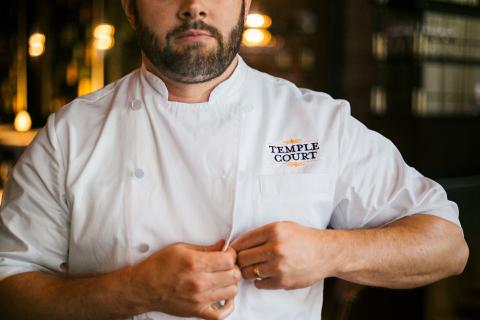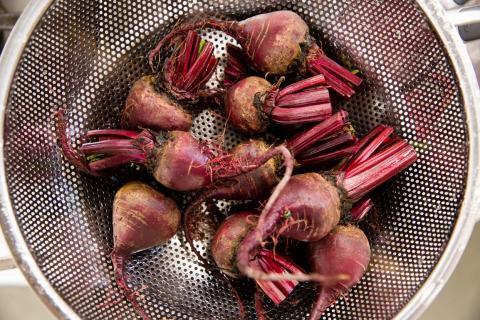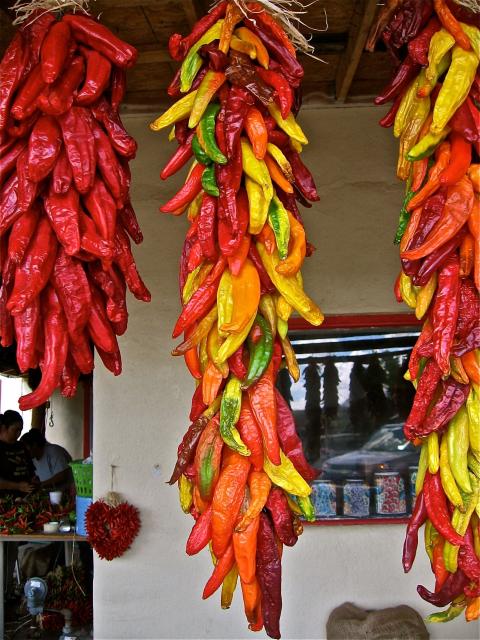What Is The Healthiest Way to Cook Vegetables
TIME

Boiled down, there are a few simple rules when it comes to the best way to eat your vegetables. Just as eating a variety of vegetables is a good idea, enjoying them in a variety of ways seems to maximize their health benefits.









Spread the word